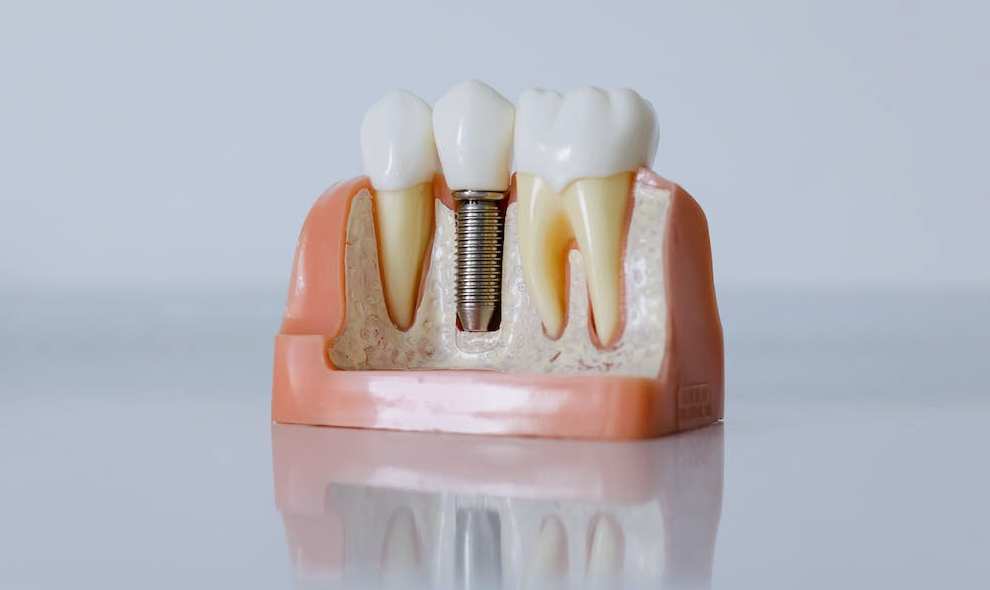
Avoiding Peri-Implantitis
Peri-implant disease, often called peri-implantitis (PI) is an umbrella term for inflammatory conditions which can occur around dental implants. There are subtle differences but PI is similar to periodontal disease in natural teeth.
External causes are also similar, with allowing dental plaque to form the prime culprit. A history of periodontitis, tobacco smoking and excess alcohol are factors, as are medical conditions such as diabetes.
Identifying and treating signs of existing periodontal disease, or other oral conditions will matter in successfully placing dental implants.
Understanding individual needs is equally important, with correct physical preparation for implants having a notable impact on PI occurrence.
Appropriate Support
For your implants to last the lifetime they should, the right procedures need to be followed and error avoided at each stage. Risk factors should be assessed and allowed for, your dental and medical health understood.
Appropriate tissue, or bone augmentation before implants can be vital to a successful outcome. Technical detail needs to be right, from the emergence angle of implants, to positioning and spacing.
If you have diabetes, osteoporosis, or another condition which could influence the outcome of implants, they need to be understood. Part of the reason using a consultant who is medically and dentally qualified helps.
They are there to advise on medical and lifestyle factors, or oral hygiene. Not giving time to oral hygiene can be a factor but not always the case, identifying individual needs, education and careful follow up will help.
Well placed, stable implants also make a difference to oral hygiene, by allowing for cleaning and avoiding discomfort when brushing. Inadequate hygiene access has been found in a good proportion of PI cases.
In Depth Research
PI has been investigated over a number of years and in August 2022, a team pulled this together through a search of medical databases. They looked at a large number of cases, over a 16 year period.
This raised points you would expect, the benefit of good oral hygiene and hygiene visits twice a year, dealing with medical conditions, eliminating bruxism (tooth grinding).
Many of their prime points however related to the standard of care when receiving implants. Some we mentioned earlier, such as appropriate installation, positioning and spacing of implants.
Ensuring that adequate width of gingival tissue exists is important. Tissue grafting and bone augmentation, or reduction can be required, as can eliminating periodontal disease from other teeth.
The research showed that planning, knowledge and technique dictate long term success rates. Even down to stopping titanium particles scattering into adjacent tissue, which could provoke a foreign body reaction.
Overcoming Barriers
As with periodontal disease, peri-implant disease can lead to pain, swelling, difficulty biting, or chewing. If untreated this could bring implant failure, the loss of your new tooth.
When caught reasonably early, PI can be reversible. If you have this issue, seeing a good consultant for diagnosis and treatment may bring a solution, along with initial implant success.
As research demonstrates, apart from good oral hygiene, the best way to avoid PI is to understand any personal risk factors and have implants fitted professionally.
If our Harley Street clinic can help to meet your need for dental implants, or related treatment, please get in touch at any time.
- Back To Medical News
- Phone – 020 7935 8627
- Email – pa@shakib.org


